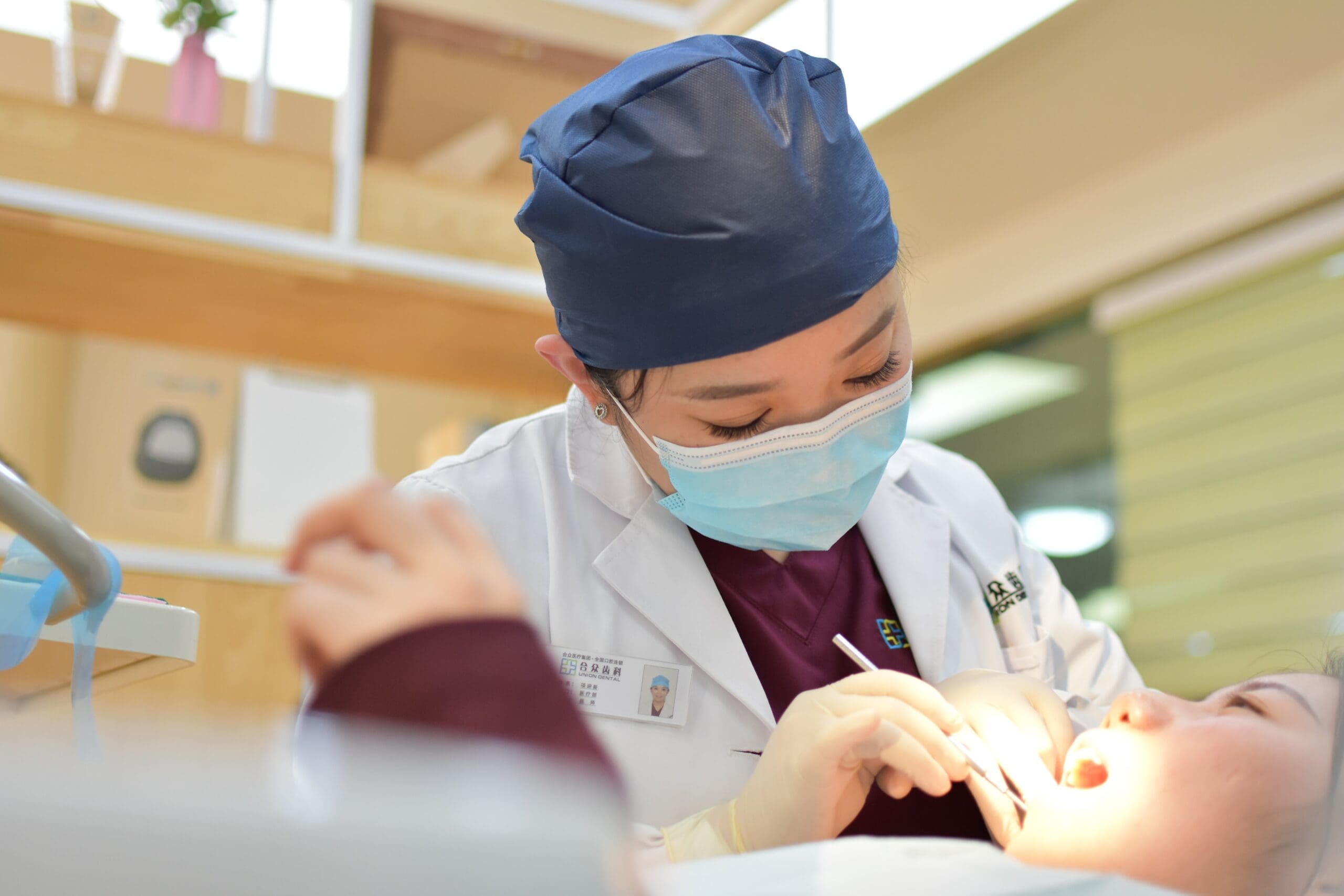5 Things to Do Before Getting Your Wisdom Teeth Out
We all agree that wisdom is a beautiful thing to have. Wisdom teeth, however, are a little less desired. Most adults will need to undergo surgery during their lifetime to have your wisdom teeth removed. Even if they cause you no pain, problems could crop up further down the line. These invasive teeth could break through your jaw or gums, cause you other teeth to be displaced or harmed, and even lead to sinus problems. It has become common to remove wisdom teeth before they create severe damage to your oral health.
Preparing for this dental surgery is relatively straightforward, but you still may have questions about our upcoming procedure. How much will this cost? What will my pain level be afterward? Do I have to be put under general anesthesia? Will my face go through swelling that makes me look like a chipmunk for weeks? Whatever questions you may have, it’s a significant first step to consult with your oral surgeon before you get in the chair. Do your research and know the right questions to ask. As you prepare to get your wisdom teeth removed, here are some steps you can take to make yourself comfortable before, during, and after your surgical procedure.
Cover all questions with your surgeon
Because this oral surgery is so common, your dentist should be well versed in the procedure. Feel free to ask all the questions you need to. Just because wisdom teeth removal is common for them, doesn’t mean you know a lot about it. Have a list of questions like the ones above ready to go. You should be confident about everything from the logistics of your appointment to the recovery process before you sit down in the chair.
Know how you’re financing the procedure
As with any medical procedure, wisdom teeth removal costs money. The procedure can cost a couple of hundred dollars per tooth, not including Xrays, referral visits, or sedation treatment. Before pursuing this treatment plan, you’ll want to secure good dental insurance. You can compare private health insurance providers online to find one that will help cover this procedure. Your dental specialist may require a specific form of coverage, so be aware of that while searching for the best insurance for you.
Choose how you want to be sedated
For this type of surgery, you will most likely be sedated or numbed. Tooth extraction requires the patient to be completely still so the dental specialist can work their magic. Know which option you want before you walk in the door. Anesthesia will allow you to be asleep for the whole surgery and experience no discomfort or awareness of what is happening. Another method is laughing gas, which removes pain but leaves you awake to see and hear what is going on. The choice is yours on which you’d prefer.
Have a plan for getting home
No matter how old you are, you shouldn’t go to your surgery alone. Make sure you have a family member or a friend that can help you get home afterward. Also, be sure they have a camera or recording device because people say crazy things coming out of anesthesia.
Prepare your fridge and couch for recovery
Recovering from wisdom teeth removal looks different for everyone. Some people are ready to work the next day; others need a longer recovery period. No matter what, you’ll want to prepare your fridge and couch—stock up on soft foods that won’t aggravate the fresh holes in your mouth. You’ll also need a lot of rest after your surgery, so make a comfy area on the couch with pillows, blankets, and gauze for your mouth. This is your excuse to lay low and binge TV for a few days, so be sure you’re ready with the right food and environment for the rest you need.




